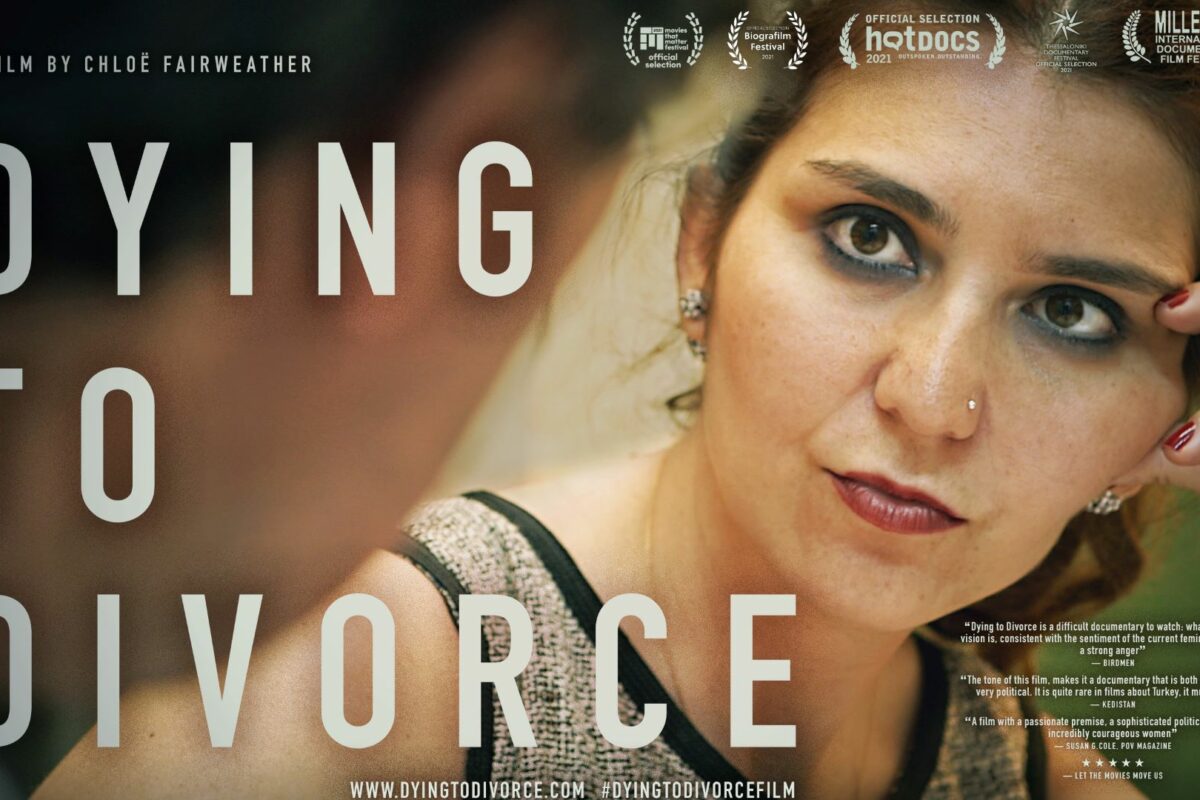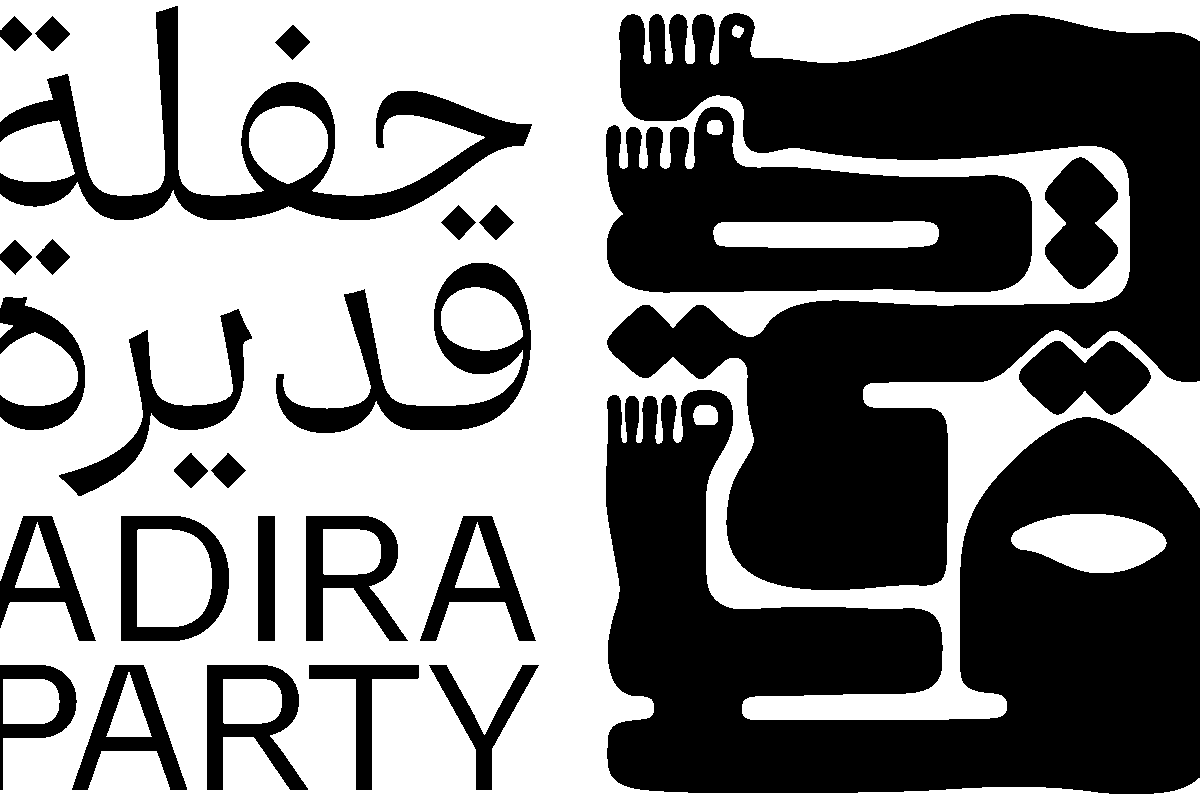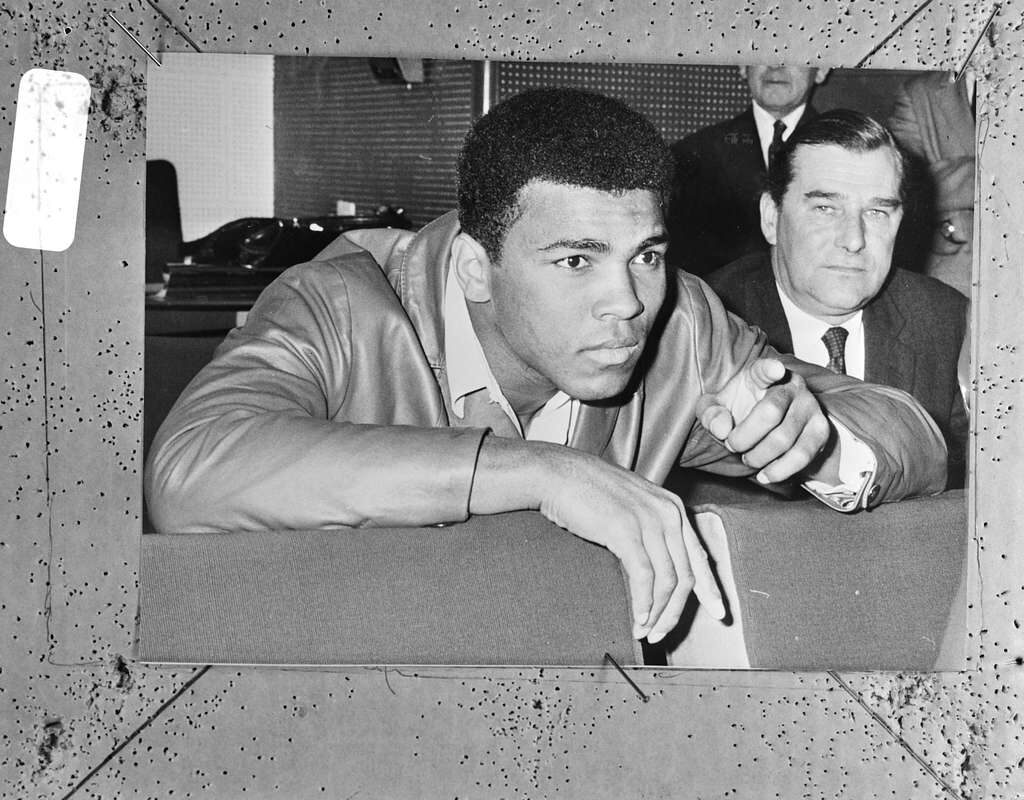Interview with Chloe Fairweather (CF), director of the film Dying to Divorce, which has just been nominated for a Prix Europa award and will be showing in Berlin on Friday
Can you start by introducing yourself
CF: Hi I am Chloe Fairweather – the director of Dying to Divorce.
Why did you make Dying to Divorce?
CF: I was in Turkey working on different short films to go with feature articles with journalist Christina Asquith. We were actually working on something completely different when she had heard about the work of the ‘We Will Stop Femicide Platform’, and we decided to work up a story completely on spec. I filmed the activist from ‘We will stop femicide’, Aysen, meeting Arzu. Arzu’s legs and arms had been shot at close range, when she tried to leave her husband. I remember we were both so shocked by the level of the violence, we felt a real urgency to get the story out there. Arzu was so keen to tell her story, that it really drove me to work on this film. I started talking to the Producer Sinead Kirwan and we both felt that although this was about Turkey, the story of women standing up for themselves was universal.
Sinead has said elsewhere that you started hoping that you could change the law, but came across too many obstacles in Turkish society. How have people in Turkey reacted to your film?
CF: We have had an overwhelmingly positive response to the film in Turkey. Due to censorship it has not been widely seen yet but Turkish audiences tell us they think its really important because it is the first real record of all the events of the past 5 years in one narrative. Things have changed so much since the attempted coup that the Turkish audience really appreciates the opportunity to actually reflect on that change.
Do you think that domestic violence is a specific Turkish or Muslim problem?
CF: No. Domestic violence is a global problem. We have had to do a lot of research into femicide and it’s shocking how high the levels are all over the world. Things are bad in Turkey but unfortunately not unique. We also don’t think that religion is the reason – sometimes it is the excuse but the religion used changes from country to country, so it’s not a Muslim problem, otherwise how could explain levels of violence in Russia or even the US.
What seems to more of the common denominator is the existence of opportunistic politicians who refuse to condemn violence against women, and attack those who are protesting this violence.
Do you think that there has been a rise of domestic violence since Erdogan came to power?
CF: According to We Will Stop Femicides there has certainly been a rise in femicides in the last few years. It is difficult to say the two are directly related. But it is true that the number of women being killed even since 2015 has risen sharply.
How has Covid affected women trapped in abusive relationships?
CF: Covid has negatively affected women all over the world at risk of abuse. Abuse thrives on isolation and during Covid support was not very easy to access. In Turkey there has been the double blow of Turkey withdrawing support for the Istanbul convention.
This year, Chlöé Zhao became only the second woman to ever win the Best Director Oscar and a few directors like Céline Sciamma are finally starting to gain critical acclaim. Are things improving for women in film, and how far do we still have to go?
CF: Things are improving but there is still a long way to go in terms of removing the structural barriers for women filmmakers. There are many assumptions made about a female director and male directors are often seen as a ‘safe’ pair of hands. On top of that, women face the burden of dealing with expensive childcare so often need to be out of the workplace longer. But I think there are some positive things evolving. Documentaries seem to be much better then dramas, but there is still definitely not equality.
Do you have any future projects planned? What do you intend to do next?
We have a couple of exciting projects in the pipeline that look at female resistance and resilience, but at the moment we are concentrating on releasing Dying to Divorce.
From November 25th to 10th December it is the UN 16 Days of Activism to Stop Gender Violence. We want to organise as many community, festival, and cinema screenings of Dying to Divorce across the world during this period.
Dying to Divorce will be screened in Berlin this Friday (3rd September) as part of the Human Rights Film Festival. Doors open at 7.30pm, the film starts at 8.45pm.



